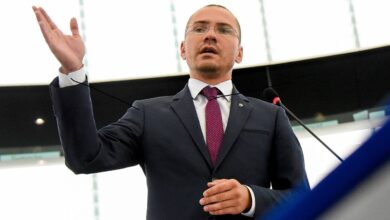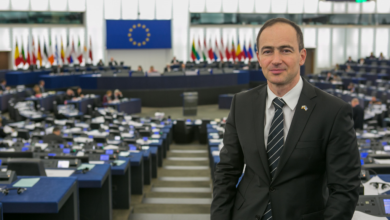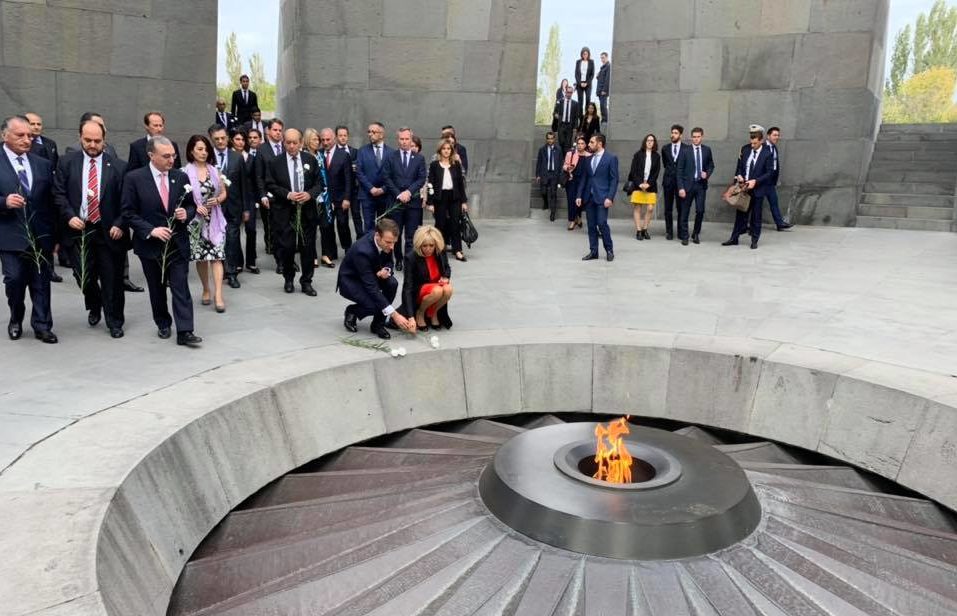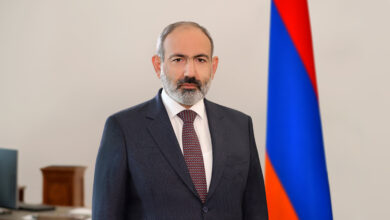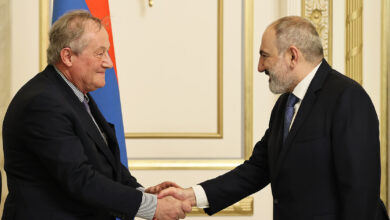President of Tajikistan in Armenia for CSTO meeting
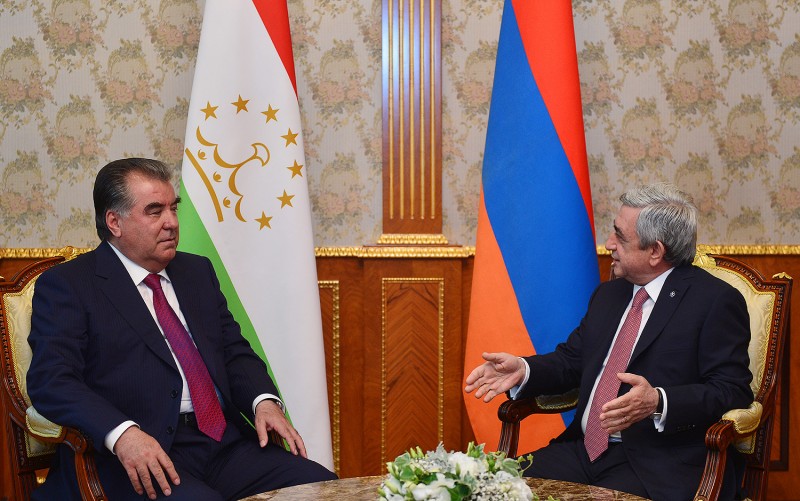
President Serzh Sargsyan met today with the President of the Republic of Tajikistan Emomali Rahmon who has arrived to Armenia to participate at the session of the Collective Security Council of the Collective Security Treaty Organization (CSTO) to be held in Yerevan on October 14, President’s Press Office reports.
The President of Armenia welcomed his colleague to our country and underscored that Armenia is interested in developing friendly and brotherly relations with Tajikistan. Noting that the current level of the Armenian-Tajik relations does not reflect the high level of the political relations between the two countries or the friendship of the Armenian and Tajik peoples, Serzh Sargsyan noted that nevertheless dynamics for the development of the interstate relations is there and it is necessary to mutually and consistently deepen and strengthen it. The President of Armenia underlined that in Armenia we anticipate with pleasure the official visit of President Emomali Rahmon, which will give a start to new and multiple agreements.
The President of the Republic of Tajikistan thanked the President of Armenia for a kind welcome extended to him and his delegation. He noted that this is his third visit to Armenia, and he has arrived to Yerevan one day before the session of the CSTO Collective Security Council to have an extra opportunity to meet with the Armenian partners and his friend, to exchange views and discuss the prospects of the Armenian-Tajik bilateral relations in all areas.
The President of the Republic of Tajikistan underscored that there are many topics to discuss in the CSTO and bilateral formats.
President Rahmon also noted that in his country they are following closely developments in the world, and naturally in the framework of the Yerevan session of the Collective Security Council discussed will be current issues as well as issues pertinent to the regional security.
At the meeting, the Presidents of Armenia and Tajikistan discussed in detail a wide range of issues related to the development of the bilateral interstate relations.


